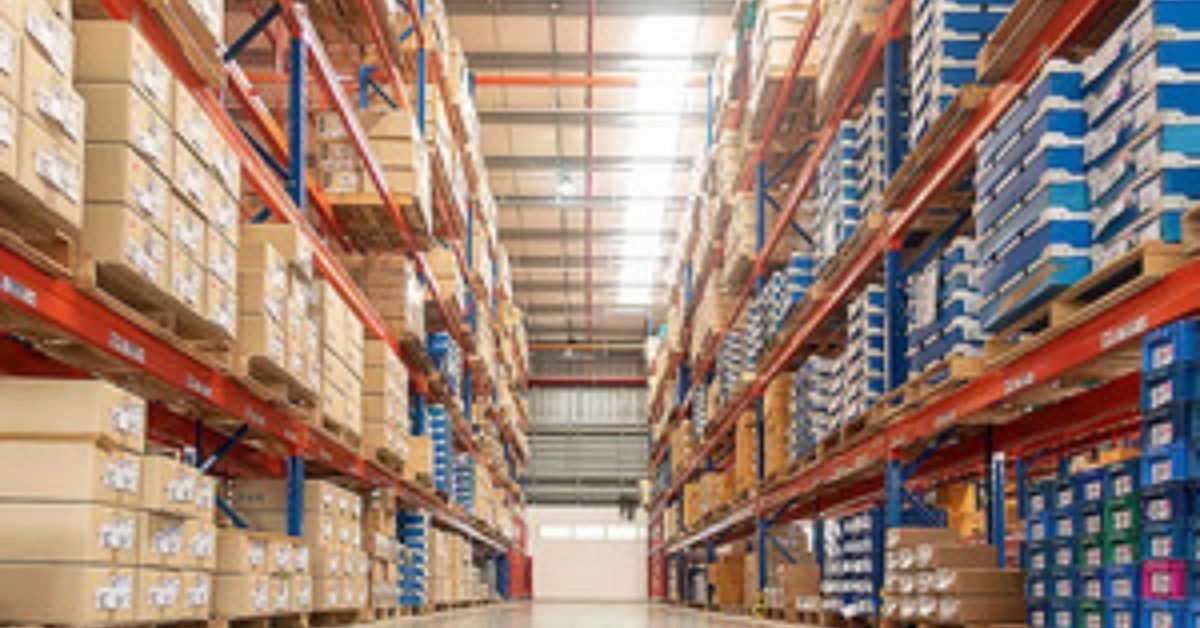The government should allow freight forwarders to set up and run bonded warehouse facilities with a view to handling export and import cargoes smoothly, said Bangladesh Freight Forwarders Association (BAFFA) Vice President Khairul Alam Suzan.
“If freight forwarders are permitted to operate bonded warehouses or cargo freight stations (CFSs), the current reliance on the inland container depots in handling 100 per cent of the export cargoes would be reduced.”
“This will also pave the way for the elimination of the congestion at the Chattogram port,” he said.
The BAFFA leader urged the government to lease out 100 acres of area in the proposed Bay Terminal so that they can develop a modern distribution park there on their own to handle import and export cargoes.
The freight forwarding segment is a major part of the country’s logistics sector, representing all activities of import and export transportation services covering sea, air, rail, river, and land.
Currently, more than 1,100 members of the BAFFA are facilitating the country’s more than $130 billion of foreign trade.
In an interview with The Daily Star recently, Suzan said there was a space shortage at the cargo freight stations in the private inland container depots (ICDs).
As a result, ICDs can’t make room for export cargoes on time in their CFSs and vehicles carrying export cargoes from factories located in various parts of the country very often have had to wait in queues for days outside the ICDs before they can enter the depots.
“Due to the long wait, exporters have had to count additional vehicle fare,” said Suzan.
The situation worsens especially ahead of the Eid holidays when suppliers start sending export cargoes in higher volumes in advance since their factories remain shut for a longer period during the festival.
“At that time, we have to prioritise the vehicles that are loaded with the goods scheduled to leave the port earlier than others.”
The problem has emerged as the ICD owners have not made enough investments to enhance their capacity, according to Suzan.
Almost all export-bound cargoes that are shipped through Chattogram port are stuffed into containers at the CFS of the 19 ICDs in and around the port city.
BM Container Depot, one of the ICDs, has been operating partially since June when a deadly fire tore through it. Currently, it is handling empty containers, rather than any export and import ones.
Suzan said currently, there is no alternative to the ICDs to handle export cargoes. So, he emphasised creating an alternative to process them in order to keep the country’s export up and running.
Suzan said container ports around the world operate as terminal operators only, not as storage facility providers. They also are not involved in cargo delivery.
But the Chattogram Port Authority is engaged in storing import containers and facilitating delivery from the port, causing congestion as well as posing security risks as thousands of trucks and workers enter the country’s largest seaport every day, he said. “So, even if vessel congestion at Chattogram port is eliminated, shipments still might be delayed if we can’t load export cargoes into containers in a timely manner.”








